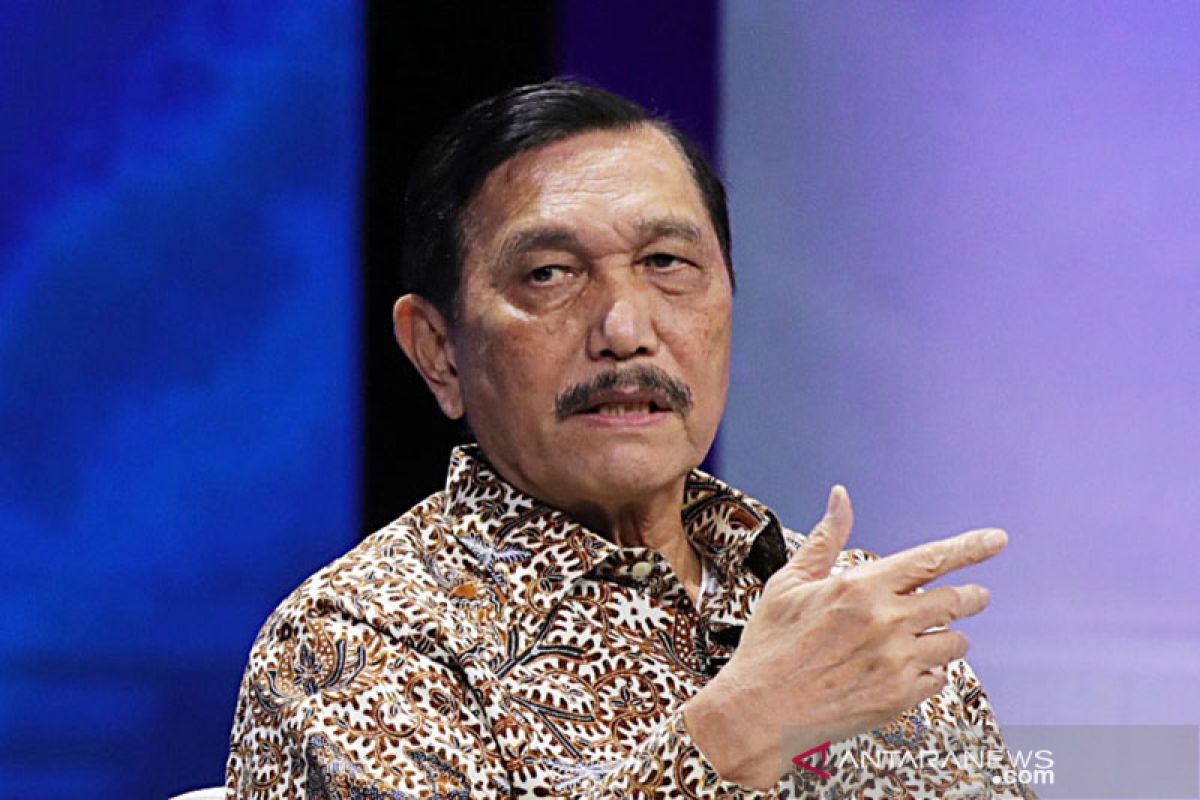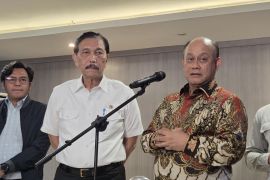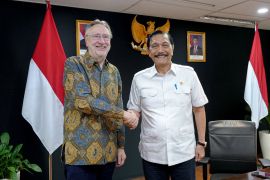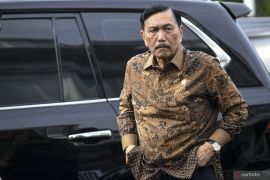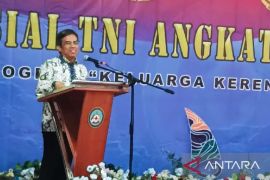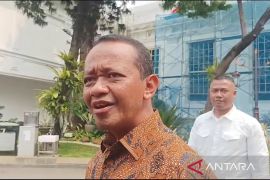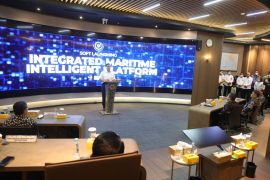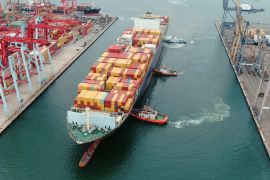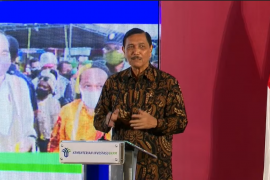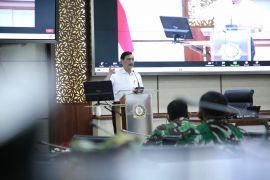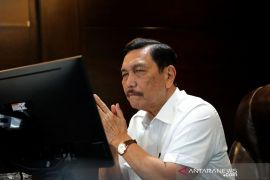The Java-Bali PPKM coordinator assured of the availability of medicines and vitamins during the pandemic-to-endemic transition.
"Vaccination must continue to run in line with the provision of medicines and vitamins at health facilities during the transition period. In addition, the availability of oxygen must also be maintained," he said during an online coordination meeting on the PPKM revocation, which was held in Jakarta on Monday.
The public health emergency and national disaster status still apply for COVID-19 considering the global situation, Pandjaitan added.
The government has also formulated a strategy to prevent a spike in cases if a new variant emerges later.
Currently, there are 17 whole genome sequencing (WGS) laboratory networks that can gather information to handle these variants.
The government will also measure community resilience every six months and prepare a booklet to assist people in taking action if there are new cases, he informed.
He said that the decision to revoke PPKM was taken after considering the controlled COVID-19 situation, a high level of community immunity (95.8 percent), better health capacity readiness, and fast economic recovery.
The success in controlling the COVID-19 pandemic was also the result of the integration of policies by various elements, starting from the central government, local governments, the Indonesian Defense Forces (TNI), National Police (Polri), health workers, academics, and the community based on data-based work, science, and the use of technology, he added.
"This success must be applied in other development policies," he emphasized.
In the future, the government will form a committee to reward districts/cities with the best health facilities, he informed. This will be based on five criteria, including vaccination rate, testing and tracing level, the extent of use of the PeduliLindungi application, provision of health services, and other indicators that will be compiled later.
"You are all great people. I thank you from the bottom of my heart. Sorry if I am too harsh in holding this position, but everything I do is to reduce the number of victims in the COVID-19 case," the minister said.
Meanwhile, Health Minister Budi Gunadi Sadikin asked the public not to be carried away with euphoria over the revocation of the PPKM policy.
He said that the revocation of the policy is a part of the government’s overall pandemic-to-endemic transition strategy. In this process, it must be ensured that the government gradually reduces intervention and increases community participation.
Once the status changes to endemic, the community will have a big responsibility to take care of themselves and their surroundings, Sadikin said.
"We recommend that people continue to implement the health protocols, limit activities in crowds, continue to wear masks, wash hands regularly, revaccinate every six months, and so on," he added.
Meanwhile, secretary of the Coordinating Ministry for Economic Affairs Susiwijono Moegiarso said that PPKM relaxation has been carried out for a long time without any spike in infections. Indonesia's recovery from the pandemic has also been reflected in the economy, which recorded a growth of 5.72 percent year on year in the third quarter of 2022.
"Based on the data we obtained from leading indicators for the real and external sectors, the public is also optimistic about the trend for the next six months," he added.
Related news: Jakarta tightens WGS surveillance to curb Omicron BF.7 transmission
Related news: Jakarta awaits regulation on COVID-19 vaccination for children
Translator: Ade Irma J, Resinta S
Editor: Rahmad Nasution
Copyright © ANTARA 2023
